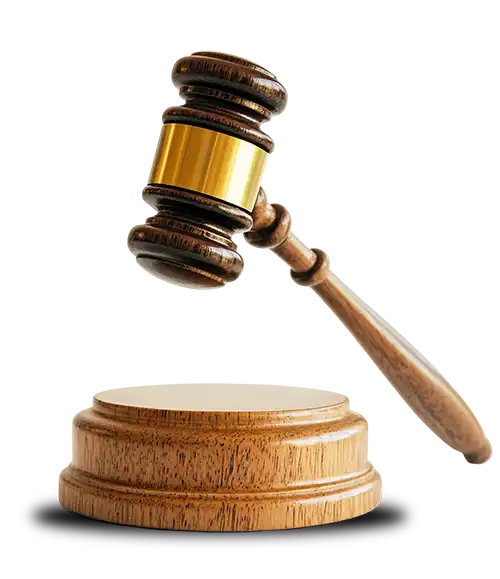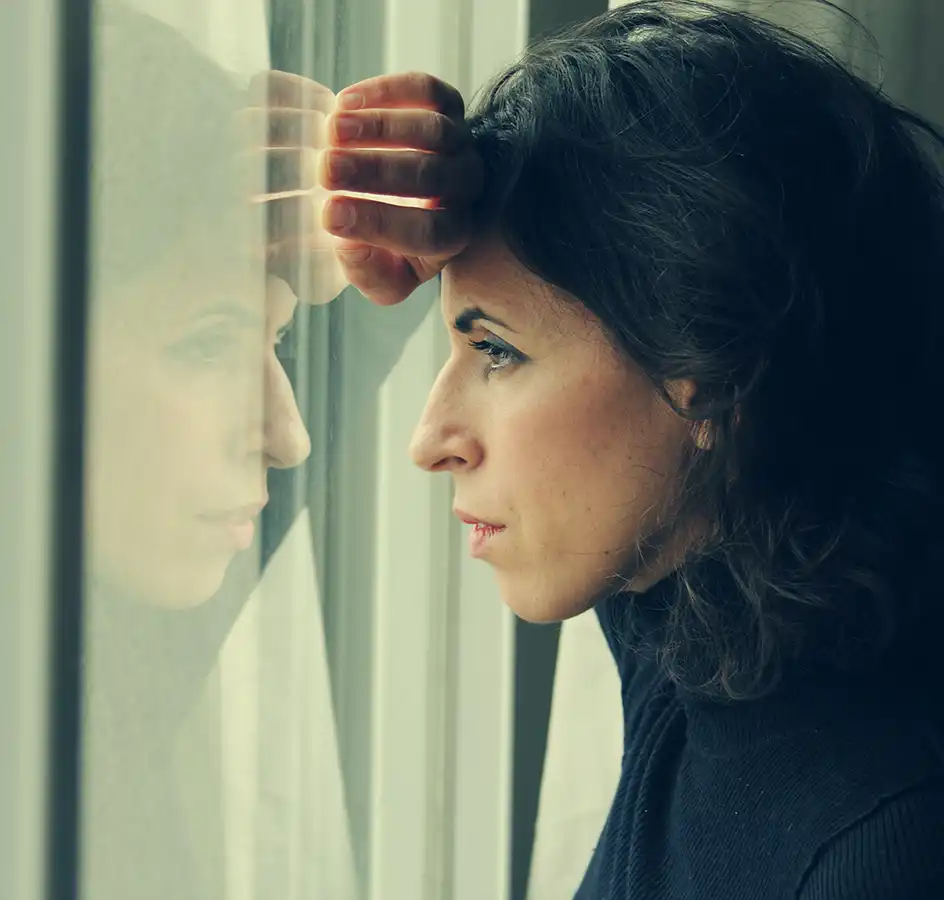Power, Control, and Silence
Abuse thrives in environments where power is uneven and accountability is weak. In institutional settings, the abuser is often someone with authority: a senior educator, a high-ranking religious figure, a celebrated coach, or a respected physician. These individuals often command respect and deference, which allows them to dismiss questions or silence critics. When a survivor finally discloses a report of sexual abuse, their story is often met with skepticism, minimization, or outright denial—especially when the accused is considered too valuable or too revered to be questioned.
This imbalance of power extends to the survivor as well. Children, students, employees, and patients are often dependent on the very systems that failed them. Their education, spiritual life, employment, or health may be tied to the institution where the abuse occurred. Speaking out may risk expulsion, job loss, public shaming, or social isolation. For many, that risk feels too great—and the abuse continues unchecked.
When institutions ignore sexual abuse dynamics, they do more than allow abuse to happen—they create a culture of silence and fear. They implicitly (or explicitly) send a message: you will not be believed, and even if you are, nothing will change. Breaking that silence is often the first act of courage a survivor takes, and it is one we are proud to support through skilled, compassionate legal representation.
Organizational Complicity and Coverups
The history of institutional sexual abuse in the United States is marked by patterns of coverup. In case after case, we’ve seen the same mechanisms at work: complaint records destroyed or sealed, perpetrators quietly transferred to new roles, victims silenced through intimidation or confidential settlements. Organizations claim ignorance, but internal emails, meeting notes, and whistleblower testimony often tell a different story.
These are not merely moral failures—they are legal ones. Institutions that knowingly shield sexual predators, fail to report incidents to authorities, or obstruct investigations may be held liable for their complicity. This includes school boards that ignored student complaints, religious leaders who reassigned clergy despite credible allegations, and corporations that protected high-level employees from scrutiny. In our work, uncovering these failures is central to building a case that forces organizations to answer not only for what they did—but for what they deliberately refused to do.
















